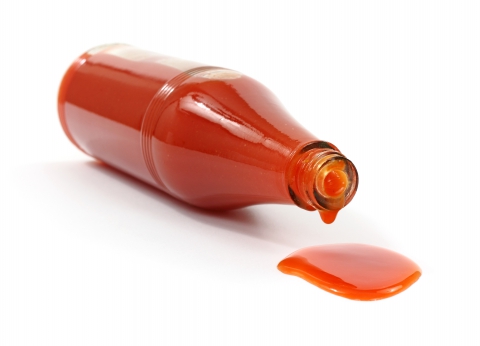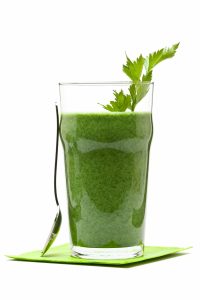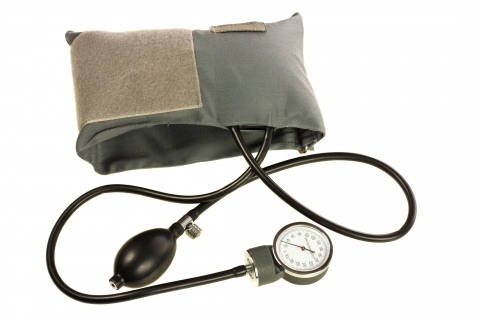
Dr. Rosen has helped countless patients reach their weight loss goals while also improving their overall health and wellness through bariatric surgery in New York at Weight Zen. This is all possible due to his focus on state-of-the-art bariatric surgical treatment coupled with exceptional guidance and advice after the weight loss surgery is performed. With this in mind, we’re going to take a look at the importance of portion control after bariatric surgery.
Portion Control Is Key To Wellness And Weight Loss
After undergoing any kind of weight loss surgery, it’s imperative that you eat your meals in small portions. Our Nutritionist Megan Wolf suggests “small, frequent meals.” This will help ensure that you’re eating until you’re full but not eating more than what your stomach can handle. It’s important to find a balance, and small portions are a great way to find and maintain this balance.
Don’t Overeat
Overeating is a serious and legitimate concern after bariatric surgery. If you overeat after your weight loss surgery, you may be slowly stretching your stomach back out over time, which means you’re undoing the work of your surgeon. This is just one of the ways in which patients can actually regain unwanted weight after their bariatric surgeries.
In addition to stretching out your stomach and undoing your bariatric surgeon’s work, an immediate concern is suffering from stomach pain and indigestion. If you overeat after your weight loss surgery, you might end up feeling nauseous and could possible vomit. Avoid the pain by eating small portions of food throughout the day.
Savor Your Food
A great way to avoid overeating is to really savor your small portions. Eat them slowly, and chew everything thoroughly. There’s no rush in eating, right? Savoring your food will help prevent indigestion issues, and by taking your time, you’ll be able to know precisely when you’re full and it’s time to stop eating.
Consider The Size Of Your Plate
While it may seem farfetched, you can actually mentally trick your brain and appetite by utilizing smaller plates and bowls. Eating your small portions slowly helps you feel full, and it’s obviously a great way to help with any problems associated with controlling your portions.
Don’t Drink When Eating
Another important thing to remember after you’ve undergone bariatric surgery is that you should not drink liquids at the same time you’re eating. Drinking while eating will only make you feel full without actually ingesting a meal, which means you won’t be getting the nutrients your body needs. Weight loss is great, but you want to make sure you’re getting all the nutrients you need each and every day, which means you must eat full meals.
Pay Attention To Your Body
Obviously, every body is different. The most important thing is that you must pay attention to your body and its needs. If you notice hunger, pain, or any other issues as you adjust after your bariatric surgery, be mindful and try to pinpoint what is causing these things to occur. Paying attention and making needed adjustments will help you lose weight while feeling great the entire time.
Contact Weight Zen
If you’re struggling with portion control or any other factors after your bariatric surgery in New York, don’t hesitate to contact Dr. Rosen and nutritionist Megan Wolf at Weight Zen for assistance.







